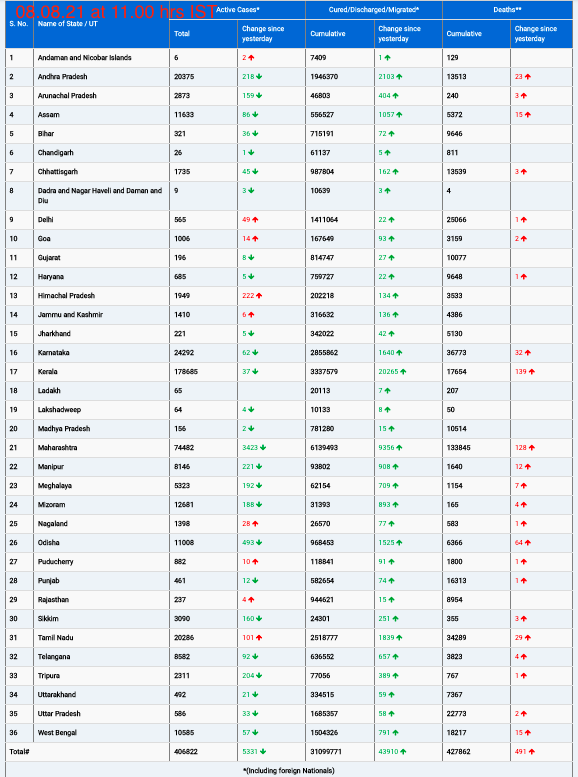A large Swedish study has revealed that consuming sweetened beverages significantly raises the risk of developing serious cardiovascular diseases, including stroke, heart failure, and atrial fibrillation. Published in the journal Frontiers in Public Health on Monday, the research highlights the dangers of liquid sugars compared to other forms of sugar consumption.
According to Suzanne Janzi, a doctoral candidate at Lund University and one of the study’s authors, sugary drinks “typically provide less satiety than solid forms” of sugar, which can lead to overconsumption. This is compounded by the fact that sweetened beverages are often consumed more regularly than sugary treats, which are typically enjoyed in social or special settings.
The researchers analyzed data from two major studies, encompassing 69,705 participants, to assess the relationship between sugar consumption and cardiovascular health. They specifically examined the effects of honey, sweet treats such as pastries, and sugary beverages on seven cardiovascular conditions, including two types of stroke, heart attacks, heart failure, aortic aneurysms, atrial fibrillation, and aortic stenosis.
Over a 10-year follow-up period, 25,739 participants were diagnosed with cardiovascular disease. The findings revealed that:
- High sugar intake generally increased the risk of ischemic stroke and abdominal aortic aneurysm.
- Sugary drinks posed a higher health risk than solid forms of sugar, such as desserts.
- Participants with a normal body mass index (BMI) who consumed high amounts of sugar faced a greater risk of heart failure.
Interestingly, the study also noted that extremely low sugar intake was not necessarily protective. Those in the lowest sugar intake category for treats showed the highest risk of adverse health outcomes, suggesting that moderate consumption might be safer than severe restriction.
Janzi emphasized the observational nature of the research, stating that while the study establishes a strong correlation, it cannot prove causation. Nevertheless, the findings underscore the importance of limiting sweetened beverage consumption as part of a heart-healthy lifestyle.
For those seeking to reduce cardiovascular risks, the study offers a key takeaway: opting for occasional treats over frequent sugary drinks could be a wiser choice.











